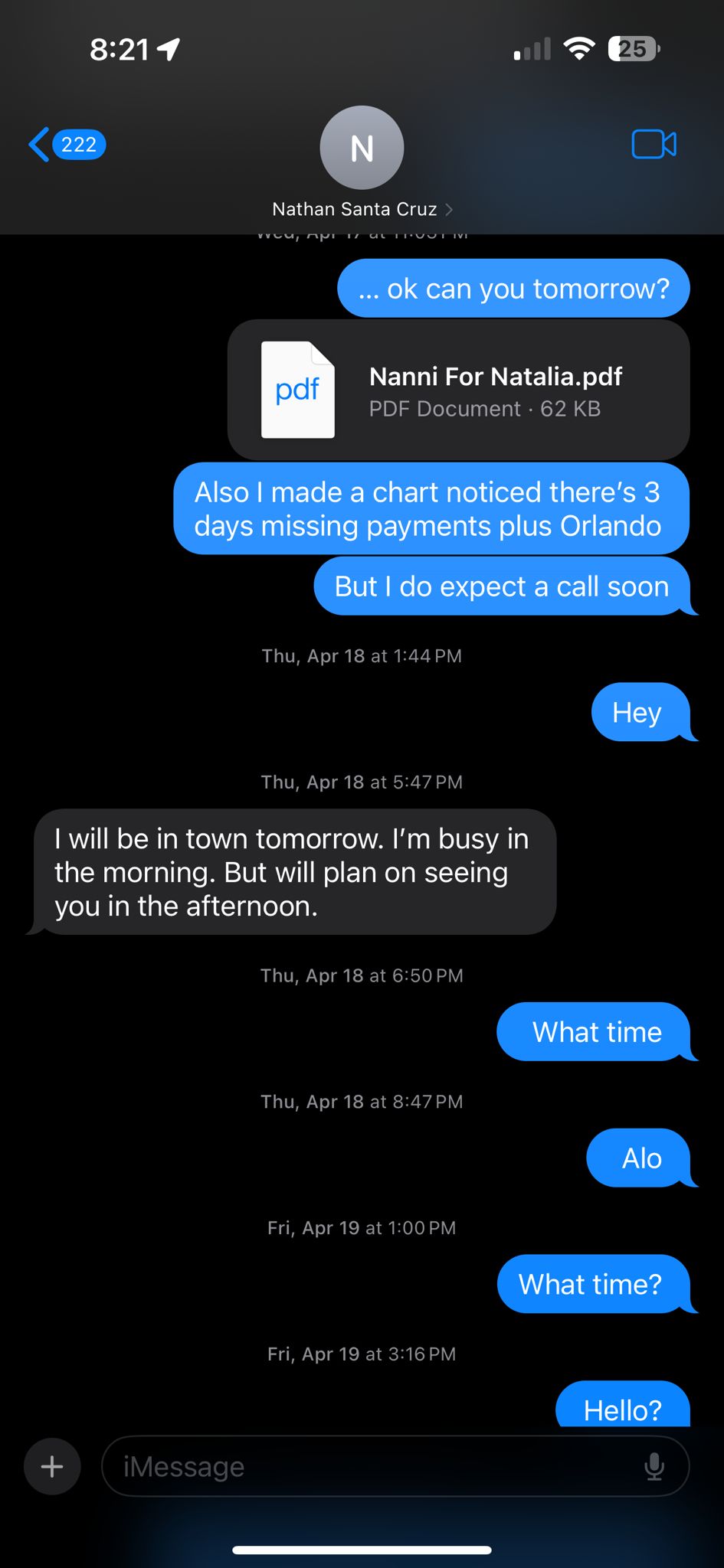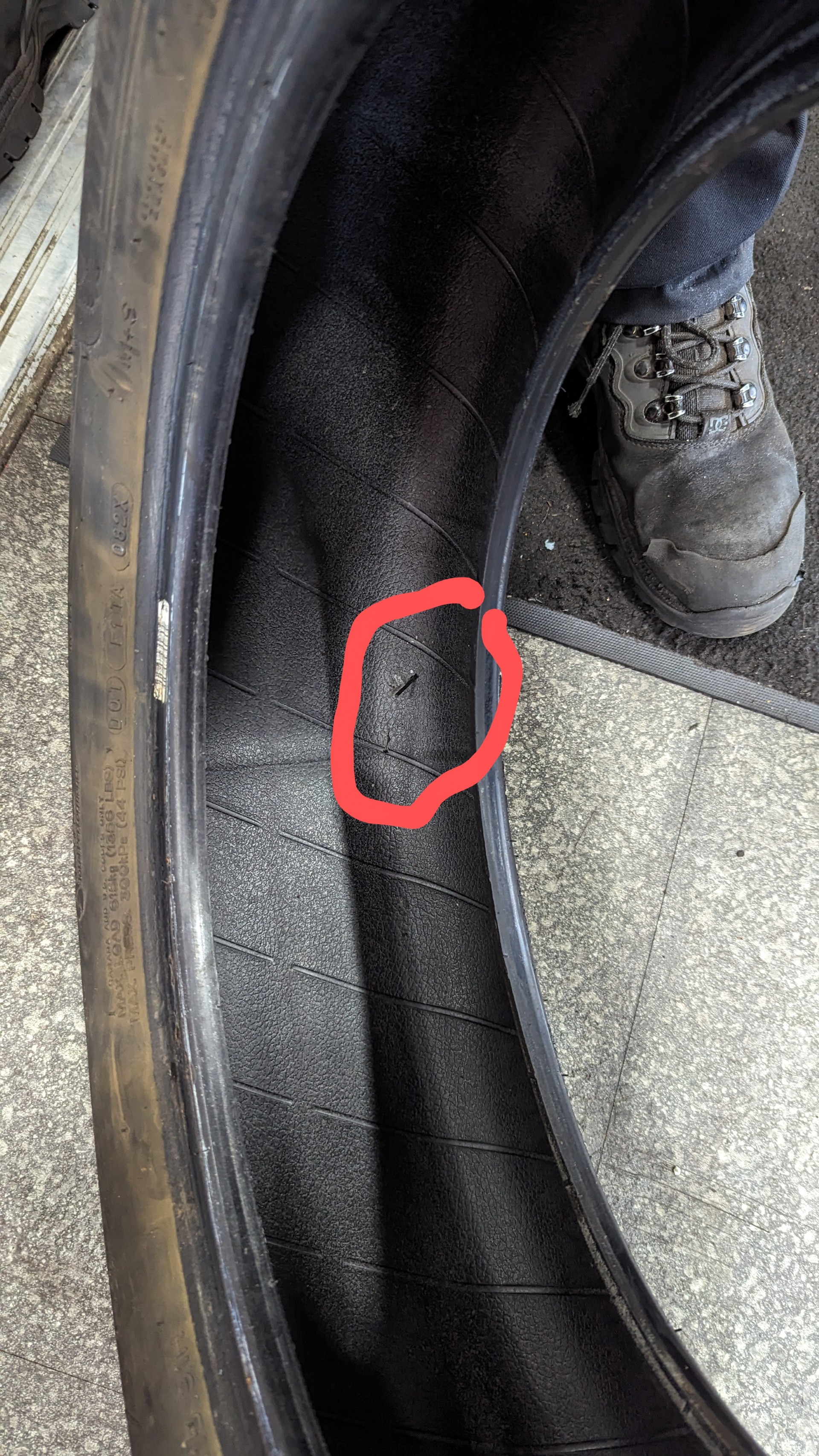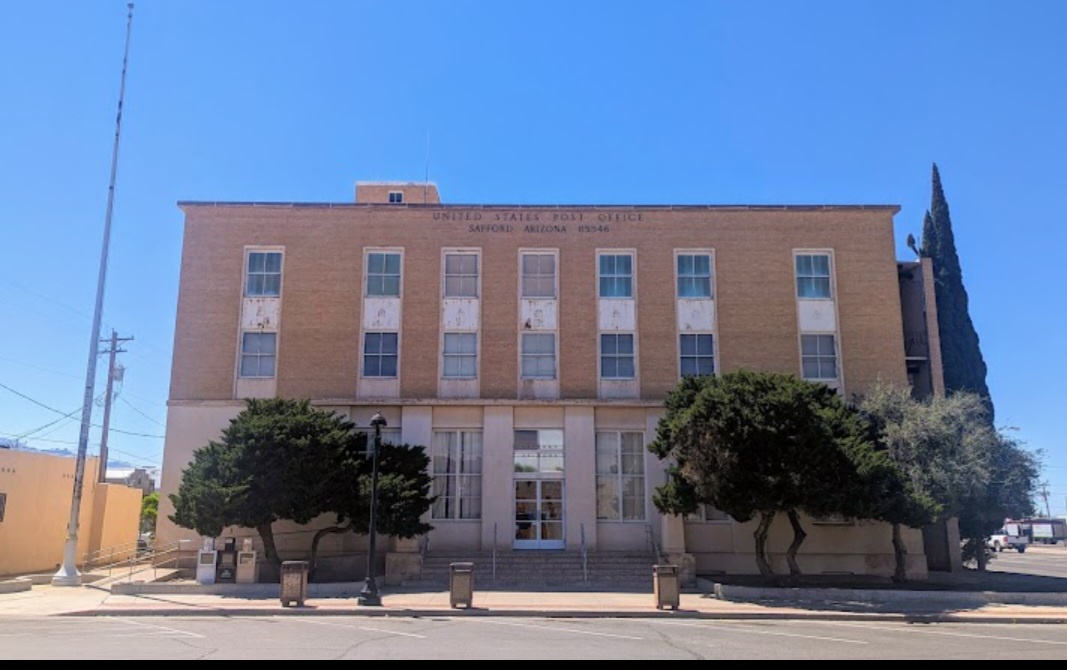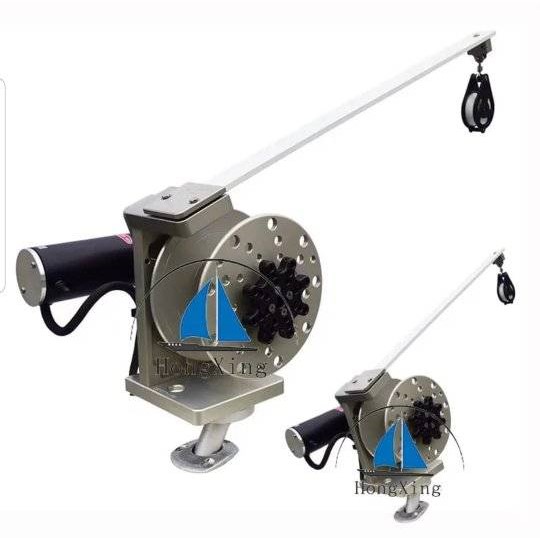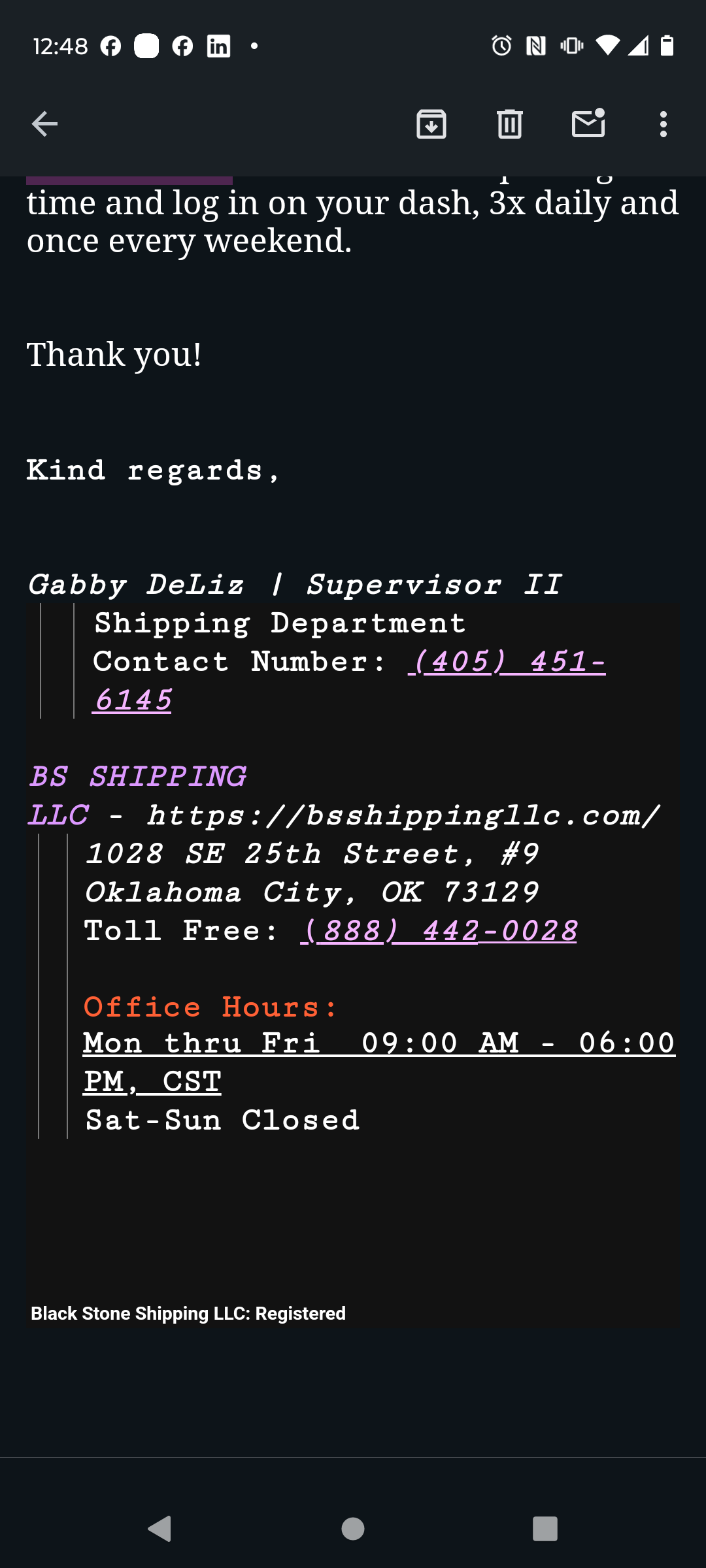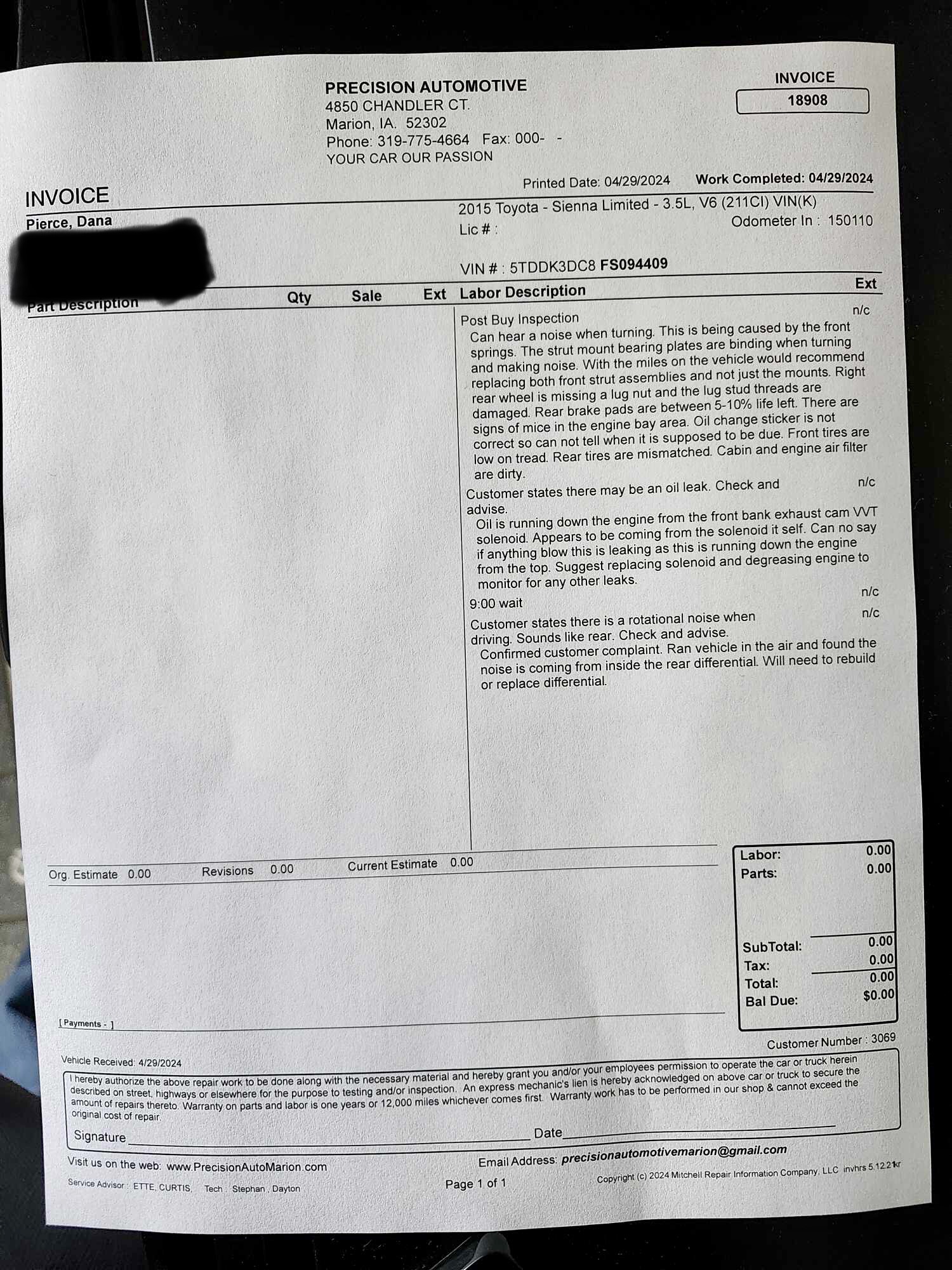- Report: #514183
Complaint Review: Dr. Thompson - Lynn / Rhode Island Massachusetts
Dr. Thompson Mass General INVESTORS BEWARE: STOCK BROKER DOUG CATALDO WHO HAS BEEN INVESTIGATED AND SHOULD BE PUT IN PRISON IS AT IT AGAIN. Lynn / Rhode Island, Massachusetts
Report Attachments

Article: Massachusetts Charges Former First Union Securities Inc. Broker with Fraud.
By Beth Healy, The Boston Globe Knight Ridder/Tribune Business News
Mar. 29--The state Securities Division has charged a former First Union Securities Inc. broker with stock fraud, alleging he tried to pressure a Massachusetts resident to invest in a hedge fund that does not exist.
The broker, Douglas P. Cataldo of Barrington, R.I., tried to coax the investor to buy into a hedge fund by touting hefty returns, the Securities Division said. He allegedly told the woman the fund had produced a return of 47 percent in the previous year and called her repeatedly to push for a sale, saying First Union had approved the fund.
Cataldo also was charged ...
DO NOT allow this man to do this to you, he is a very sharp talker and he will taylor a story that fits the situation to maximze the money, he will even use his children as part of a story if thats what it takes to get your money, he's a good story teller and will take money from anyone, no one is safe.
I found this on the web, please read:
-
Supreme Court
No. 2008-175-Appeal.
(PB 07-3100)
Robert Shappy :
v. :
Downcity Capital Partners, Ltd., et al. :
Present: Goldberg, Acting C.J., Flaherty, Suttell, Robinson, JJ., and Williams, C.J. (ret.).
O P I N I O N
Justice Flaherty, for the Court.
The plaintiff, Robert Shappy, appeals from theSuperior Courts grant of motions for summary judgment entered in favor of the defendants,
Downcity Capital Partners, Ltd. and RESOL, LLC (collectively defendants).
1 Before this Court,the plaintiff contends that the issue of whether he was negligent when he signed a quitclaim deed
that conveyed property to his son-in-law, Douglas P. Cataldo, is a question of fact that should
have been decided by a jury. Therefore, the plaintiff argues that the hearing justice erred when
he granted summary judgment in favor of the defendants. This case came before the Supreme
1
Final judgment was entered for Downcity on March 4, 2008, and plaintiff filed his notice ofappeal two days later. However, final judgment did not enter in favor of RESOL until March 11,
2008. The plaintiff did not file a separate notice of appeal from this judgment. During oral
argument, we requested that the parties submit memoranda addressing whether RESOL was
properly before this Court, given that plaintiff filed his notice of appeal concerning RESOL from
the judgment entered on Downcitys behalf on March 4, 2008. After reviewing the memoranda
submitted by the parties, we are of the opinion that plaintiff has properly appealed from both the
judgment entered against Downcity and RESOL. Although he filed his notice of appeal before
final judgment was entered for RESOL, the hearing justice orally granted final judgment in favor
of both defendants, and the notice of appeal lists both Downcity and RESOL as defendants.
- 2 -
Court for oral argument on May 13, 2009, pursuant to an order directing the parties to appear and
show cause why the issues raised in this appeal should not summarily be decided. After hearing
the parties arguments and after considering the memoranda submitted by counsel, we are
satisfied that cause has not been shown. Accordingly, we will decide the appeal at this time. For
the reasons set forth in this opinion, we affirm the judgments of the Superior Court.
Facts and Travel
On December 9, 2005, plaintiff signed a quitclaim deed that on its face conveyed real
property at 87 Belfield Drive in Johnston to Cataldo. The plaintiff contends that Cataldo, who
was a mortgage broker, fraudulently induced him into signing the instrument. He asserts that
Cataldo accomplished that trickery by agreeing to help his father-in-law obtain pre-approval for
a mortgage loan for another house that plaintiff had contracted to purchase, also on Belfield
Drive. The plaintiff said that Cataldo told him that he might be required to pledge some property
to secure pre-approval for the loan. Cataldo allegedly told his father-in-law that it was only if
we need it, and plaintiff insists that he relied on Cataldos representations that the document
was for this limited purpose. The plaintiff said that he did not believe that he was conveying the
property to Cataldo, but instead thought that he was signing a document that merely verified that
he owned it. However, he did concede that when Cataldo presented him with the document, he
saw that it was entitled Quit-Claim Deed, that it contained a notary clause, and that he did not
read it in its entirety. He said that although he did not normally sign documents without first
reading them, he did so on this occasion because he trusted his son-in-law.
It appears that Shappys confidence was misplaced. On January 24, 2006, after Cataldo
recorded the quitclaim deed in the Land Evidence Records, he entered into a term mortgage loan
with Downcity, borrowing $110,000 and executing a promissory note that was secured by the
property.
2 There seems to be no dispute that Downcity believed that the quitclaim deed wasgenuine, that it had been properly executed, and that Cataldo owned the property. On February
1, 2007, Cataldo defaulted on the terms of the promissory note with Downcity. Just over a
month later, Cataldo granted a second mortgage on the property to RESOL to secure a loan in the
amount of $50,000. RESOL also relied on the validity of the deed, properly recorded in the
Land Evidence Records, and, like Downcity, it did not have any knowledge of Cataldos
purported fraud against his father-in-law. As a consequence of Cataldos default on the loan,
Downcity scheduled a foreclosure sale for June 20, 2007.
The plaintiff learned of the foreclosure sale when he saw the notice of it in the
newspaper. On June 15, 2007, he commenced an action in the Superior Court against Downcity
and Cataldo. In his verified complaint, plaintiff asserted that Cataldo fraudulently induced him
into signing the quitclaim deed and he requested punitive damages for this malicious conduct.
The plaintiff also sought to enjoin Downcitys pending foreclosure sale and he requested that the
court vacate and declare both the quitclaim deed and the mortgage deed to be void. Downcity
answered the verified complaint, and it also filed a cross-claim against Cataldo for the amount
owed under the loan.
3RESOL filed a motion to intervene in the case, and that motion was granted. RESOL
then filed an answer and a cross-claim against Cataldo for the amount owed under the second
loan secured by the property. On January 15, 2008, pursuant to Rule 56 of the Superior Court
Rules of Civil Procedure, Downcity filed a motion for summary judgment with respect to
2
The loan was for a term of one year at 16 percent interest, and was to be satisfied by a singlepayment on February 1, 2007.
3
A consent order was entered in the Superior Court on June 19, 2007, staying the foreclosuresale until further order of the court.
plaintiffs claims against it as well as its cross-claim against Cataldo. Subsequently, RESOL
joined in Downcitys motion. The plaintiff filed an objection to Downcitys motion for summary
judgment. In an accompanying affidavit, plaintiff said that he had not intended to convey the
property to Cataldo and that he believed that his signature on the quitclaim deed was merely part
of the process to secure a loan for the property that he had agreed to purchase. The plaintiff also
asserted, for the first time, that the language of conveyance was not present in the document
when he signed it.
4The Superior Court held a hearing on Downcitys motion for summary judgment on
March 3, 2008. The plaintiff did not dispute that Downcity and RESOL lacked any knowledge
of Cataldos allegedly fraudulent behavior. Instead, he relied on this Courts opinion in Dante
State Bank v. Calenda, 56 R.I. 68, 183 A. 873 (1936), contending that even a bona fide purchaser
may not enforce its rights under an instrument if the signer, who was fraudulently induced into
signing the instrument, was free of negligence. The plaintiff contended that summary judgment
did not lie because any negligence on his part in signing the quitclaim deed was a question of
fact that must be decided by a jury. The defendants conceded that Cataldo fraudulently secured
Shappys signature on the quitclaim deed; however, they argued that plaintiff was negligent by
signing the deed without completely reading it or, alternatively, by signing a blank deed. The
4
That provision reads as follows:I, Robert Shappy of the town of Johnston, County of Providence
and State of Rhode Island, for consideration paid, grant to Douglas
P. Cataldo, of the City of Warwick, County of Providence [sic] and
State of Rhode Island, as Sole Tenant, with Quit Claim
COVENANTS
SEE EXHIBIT A ATTACHED HERETO AND MADE A
PART HEREOF.
Exhibit A is a physical description of the property.
defendants contended that such conduct demonstrated that plaintiff was negligent as a matter of
law, thus making summary judgment appropriate.
The hearing justice first granted Downcitys motion on its cross-claim against Cataldo for
the amount owed under the loan. Turning to the motion against plaintiff, the hearing justice
ruled that Downcity and RESOL were bona fide purchasers who were unaware of any
impropriety surrounding Cataldos ownership of the property. The hearing justice said that
plaintiffs actions set in motion the instrumentality that ultimately here caused the bona fide
purchasers to extend the financial accommodations they did to Mr. Cataldo in exchange for the
promissory notes and the security received by them; that is to say, the first and second mortgages
[on the property]. Therefore, the hearing justice granted summary judgment in favor of
Downcity and RESOL. Final judgment was entered for Downcity on March 4, 2008. The
plaintiff timely appealed. Final judgment was entered for RESOL on March 11, 2008.
5Standard of Review
This Court reviews the granting of summary judgment de novo and applies the same
standards as the motion justice. Carrozza v. Voccola, 962 A.2d 73, 76 (R.I. 2009) (quoting
McAdam v. Grzelczyk, 911 A.2d 255, 259 (R.I. 2006)). Summary judgment is appropriate
when, after viewing the admissible evidence in the light most favorable to the nonmoving party,
no genuine issue of material fact is evident from the pleadings, depositions, answers to
interrogatories, and admissions on file, together with the affidavits, if any and the motion justice
finds that the moving party is entitled to prevail as a matter of law. Smiler v. Napolitano, 911
A.2d 1035, 1038 (R.I. 2006) (quoting Rule 56(c)).
5
On June 30, 2008, default judgment was entered against Cataldo on RESOLs cross-claim.Analysis
Based on our de novo review, we conclude that plaintiff has failed to establish a genuine
issue of material fact and that defendants are entitled to judgment as a matter of law. The
hearing justice said that defendants were essentially bona fide purchasers without knowledge or
any information * * * that Mr. Cataldo was anything other than the full fee owner of the real
estate situated at 87 Belfield Drive. The defendants were entitled to rely on the validity of the
deed as recorded in the Land Evidence Records. See 27 Williston on Contracts 70:47 at 343
(Richard A. Lord 4th ed. 2003) (purchasers of real property have a right to rely on recorded
public records). The purpose of recording statutes is to provide protection to those diligent
enough to conduct a search of the title records. See Domarad v. Fisher & Burke, Inc., 76 Cal.
Rptr. 529, 536 (Cal. Ct. App. 1969) (describing purpose of recording statutes as giving notice to
prospective purchasers or mortgagees of land of all existing and outstanding estates, titles or
interest, whether valid or invalid, that may affect their rights as bona fide purchasers). Rhode
Island has long recognized the defense of bona fide purchaser for value and the protections to
which such a purchaser is entitled. See, e.g., Coombes v. Aborn, 29 R.I. 40, 68 A. 817 (1908);
Babcock v. Wells, 25 R.I. 23, 54 A. 596 (1903); Arnold v. Carpenter, 16 R.I. 560, 18 A. 174
(1889). A bona fide purchaser is a purchaser for value, in good faith, and without any
knowledge of adverse claims.
6 See Fleckhamer v. Fleckhamer, 50 R.I. 363, 366-67, 147 A. 886,888 (1929). The theory behind the rule is to protect innocent purchasers and to allow them to
obtain and convey unsullied interests. Sun Valley Land and Minerals, Inc. v. Burt, 853 P.2d
607, 611 (Idaho Ct. App. 1993).
6
Mortgagees, such as defendants, are also entitled to the protection afforded to a bona fidepurchaser. See William B. s****.>
Report Attachments










